planet
Latest
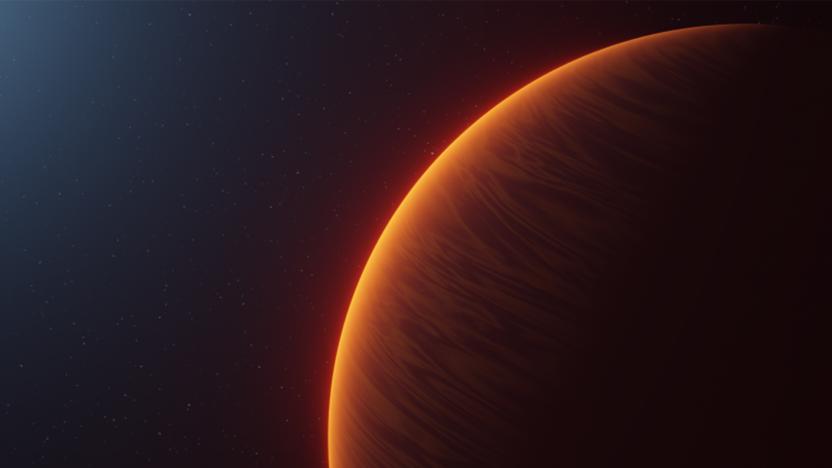
3D map of an exoplanet's atmosphere may help find Earth-like worlds
Scientists have created a 3D map of an ultra-hot exoplanet that could help discover habitable worlds.
Jon Fingas01.29.2022
Scientists describe a tiny, molten metal exoplanet in unprecedented detail
Scientists have determined that a small, super-hot exoplanet is as dense as iron — and it's the smallest alien world ever measured this way.
Jon Fingas12.02.2021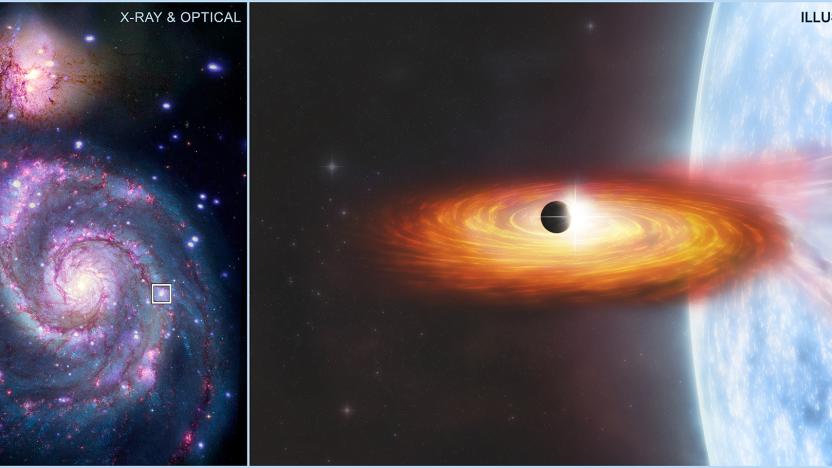
Astronomers may have spotted a planet in another galaxy for the first time
Scientists have used X-rays to spot what might be the first planet detected beyond the Milky Way galaxy.
Jon Fingas10.31.2021
Astronomers directly observe one of the youngest planets to date
Scientists have directly observed one of the youngest planets yet seen at 'just' several million years old.
Jon Fingas10.24.2021
NASA's TESS spacecraft has already found 2,200 possible planets
NASA's TESS spacecraft has already found 2,200 potential planets, surpassing its original goal and raising hope of finding Earth-like worlds.
Jon Fingas03.28.2021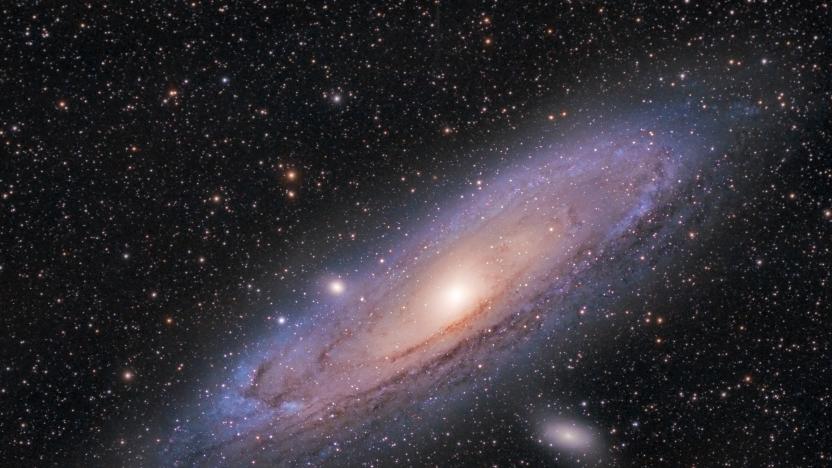
NASA smallsat concepts will study galaxy evolution and exoplanets
NASA has picked four missions for smallsats and a balloon that will study galaxy evolution, exoplanets, neutron stars and neutrinos.
Jon Fingas01.09.2021
Astronomers find the first known exposed core of a gas giant
Scientists have discovered what's believed to be the first known exposed core of a gas giant.
Jon Fingas07.06.2020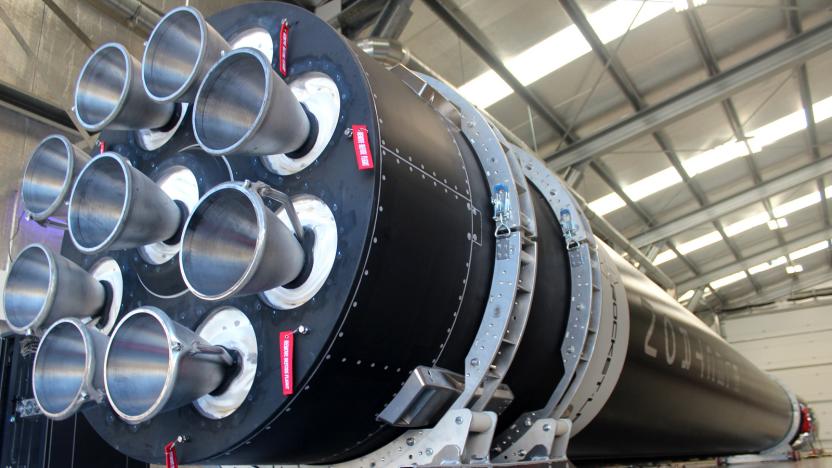
Watch Rocket Lab launch a Canon satellite into space at 5:19PM ET
Rocket Lab is launching a Canon satellite and other payloads into orbit at 5:19PM Eastern, and you can watch the mission as it happens.
Jon Fingas07.04.2020
There could be as many as six billion Earth-like planets in our galaxy
The findings could have a big impact on future space missions.
Rachel England06.22.2020
SpaceX's next Starlink launch will help improve satellite imagery of the Earth
Planet's satellite imaging network is getting clearer and more agile thanks to SpaceX's satellite rideshare program.
Rachel England06.09.2020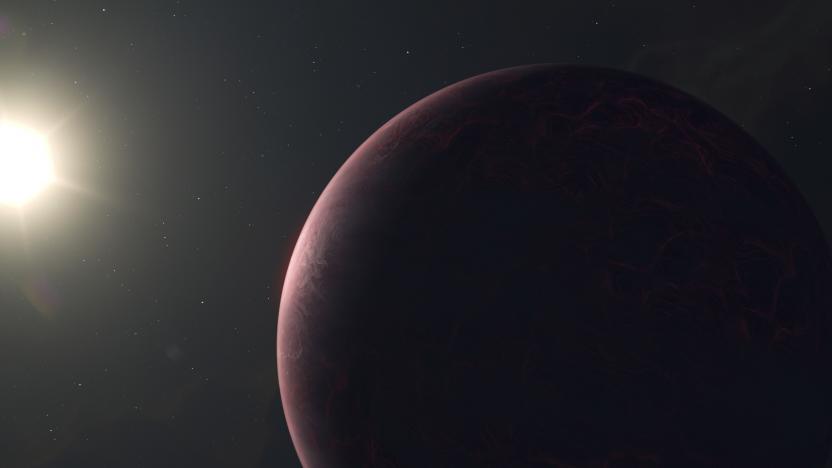
Scientists find a likely Earth-like planet orbiting a Sun-like star
Astronomers have discovered an exoplanet that's not only comparable to Earth, but is orbiting a Sun-like star.
Jon Fingas06.07.2020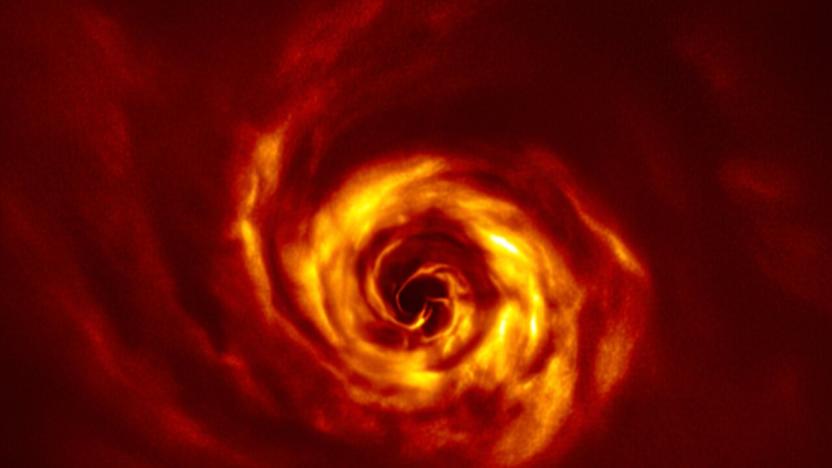
Astronomers may have witnessed a planet's birth
Scientists believe they have observed a planet being formed for the first time.
Christine Fisher05.20.2020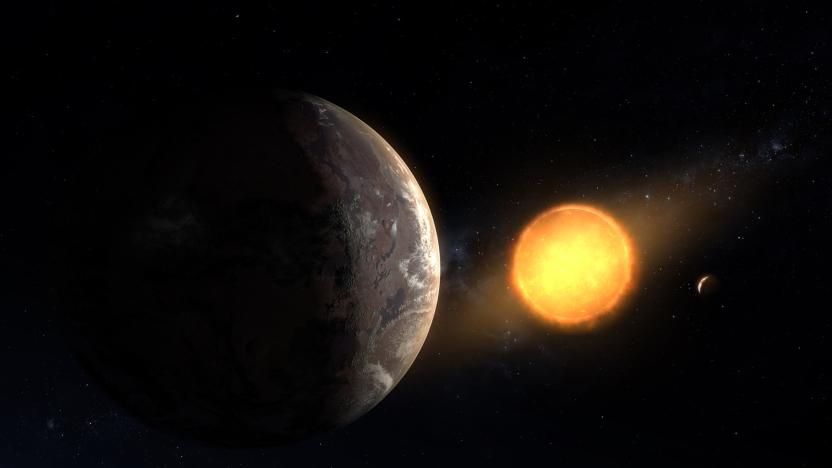
Scientists find an Earth-like planet hiding in old Kepler data
The newly discovered Kepler-1649c is a close parallel to Earth, but whether or not it supports life is another story.
Jon Fingas04.15.2020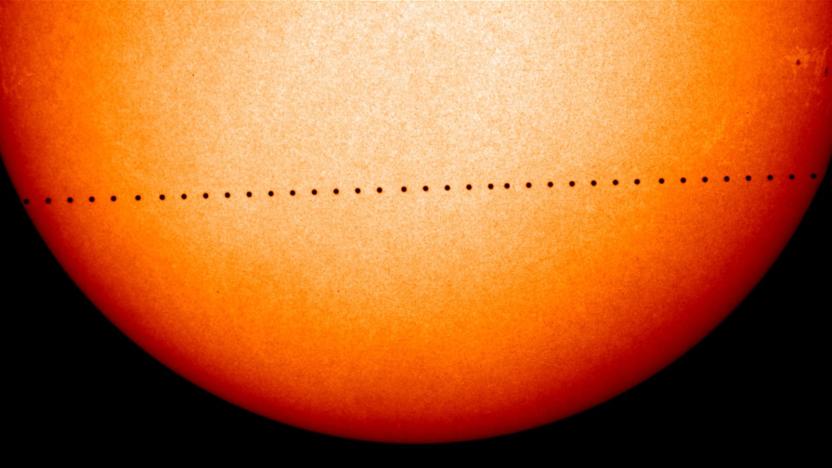
How to safely watch Mercury pass in front of the Sun today
Mercury is about to take a rare trip between the Sun and the Earth, giving viewers around the world a rare and dramatic glimpse of the solar system's innermost planet. The transit will take about five and half hours and start at around 7:35 AM ET, according to NASA. If you've always wanted to see the phenomenon, now's the time, as it won't happen again until 2032 -- and won't be seen again in North and South America until 2049.
Steve Dent11.11.2019
New models show that the earth is warming faster than first thought
Scientists have made no secret of the extreme challenges posed by climate change, with the Intergovernmental Panel for Climate Change (IPCC) repeatedly stressing the importance of keeping global warming below two degrees. But now it seems the situation is much more serious than previously understood, with new climate models predicting average temperatures could rise by as much as seven degrees by 2100.
Rachel England09.17.2019
NASA's TESS spacecraft discovers its smallest exoplanet to date
NASA's TESS spacecraft is continuing to find ever-smaller planets -- and that now includes planets smaller than the human homeworld. The vessel has found a planet in the L 98-59 system, L 98-59b, that's 80 percent the size of Earth -- and 10 percent smaller than TESS' previous tiniest finding. You won't be planning a vacation any time soon, unfortunately. The system is 34.6 light-years away, and all of the planets discovered so far (there are larger 59c and 59d planets) sit in the "Venus zone" where a runaway greenhouse gas effect could render them uninhabitable.
Jon Fingas06.30.2019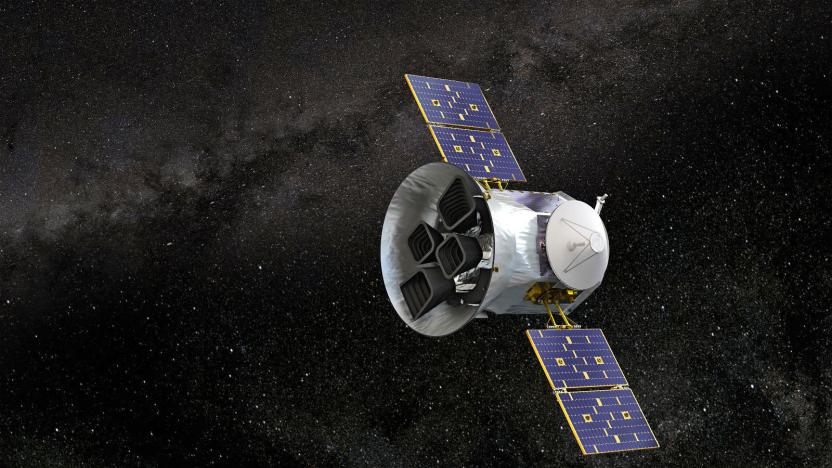
NASA’s TESS spacecraft finds its first Earth-sized exoplanet
One year after its launch, NASA's TESS (Transiting Exoplanet Survey Satellite) discovered its first Earth-sized exoplanet. Named HD21749c, the planet orbits a star just 53 light-years from Earth and is likely rocky but uninhabitable. The findings -- published in Astrophysical Journal Letters -- suggest TESS is capable of fulfilling its mission to catalog thousands of planet candidates, including more than 300 that are expected to be Earth-sized and super-Earth-sized exoplanets.
Christine Fisher04.16.2019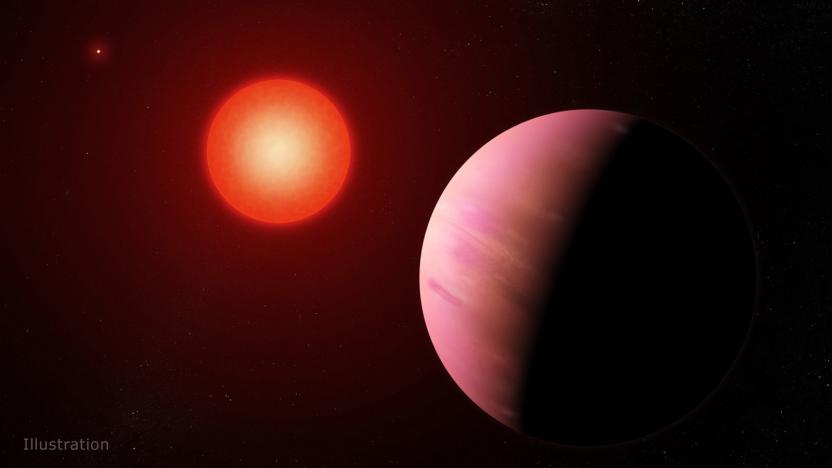
Citizen astronomers discover new planet that NASA algorithms missed
NASA's Kepler Space Telescope might not be doing much anymore, but discoveries are still being made thanks to the data it left behind. By analyzing its historical records, and crowdsourcing help from volunteer astronomers, a citizen team has discovered a new planet roughly twice the size of Earth. The planet, known as K2-288Bb, could be rocky, or gas-rich, similar to Neptune. Its discovery is particularly exciting because the planet's size (just slightly smaller than Neptune) is so rare among those beyond our solar system – known as exoplanets.
Rachel England01.09.2019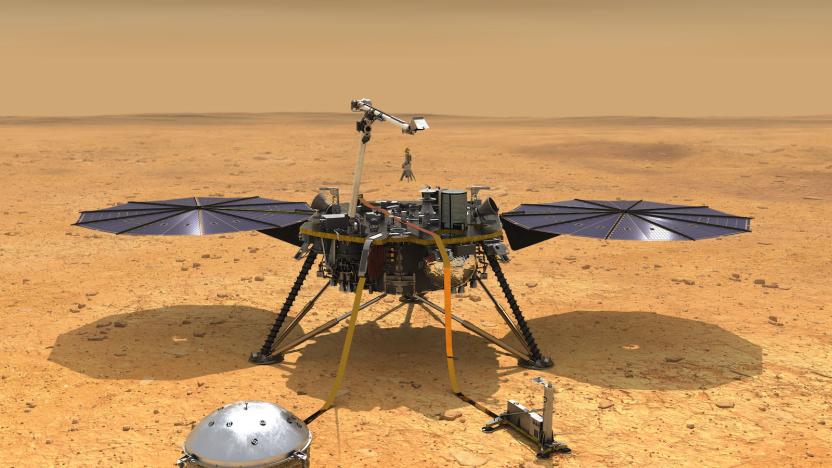
NASA’s InSight lander has arrived on Mars
NASA's InSight lander has touched down on Mars, completing its over six-month journey to the planet. InSight, which stands for Interior Exploration using Seismic Investigations, Geodesy and Heat Transport, landed on Mars just before 3PM Eastern after a successful entry, deceleration and parachute deployment. The lander will soon get to work -- assuming its solar panels deploy correctly -- and will, for the first time, give us a look at the interior of our planetary neighbor.
Mallory Locklear11.26.2018
Planet-hunting Kepler telescope declares that it is not, in fact, dead
At this point, most space enthusiasts and insiders have said their goodbyes to the Kepler spacecraft. We've known for months that it's very low on fuel, and its planet-hunting replacement, TESS, has already launched. But Kepler has a mind of its own, apparently. Despite the fact that its level of fuel is now crippling, and it's had its share of mechanical issues, the telescope is once again back to work collecting scientific data and looking for new exoplanets.
Swapna Krishna09.07.2018